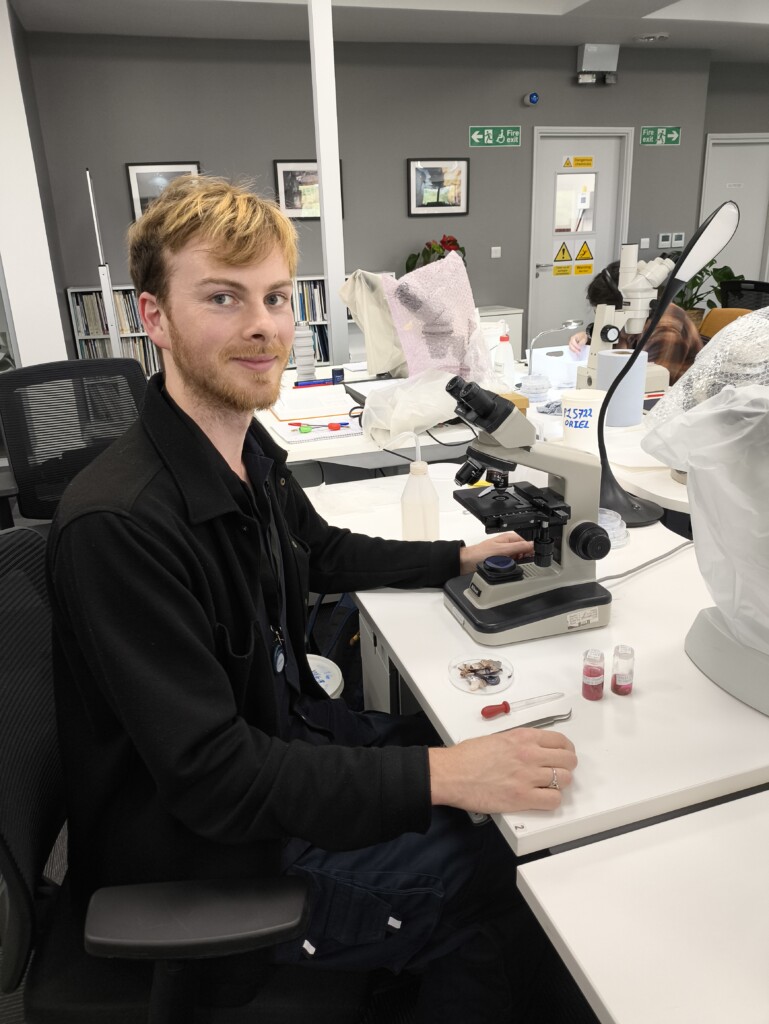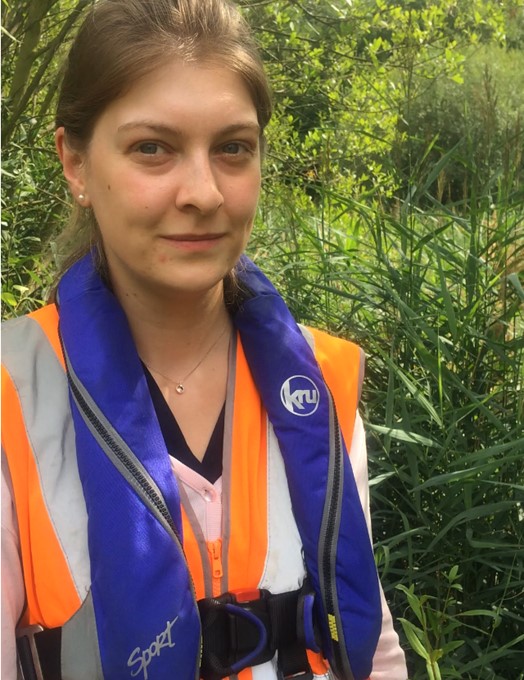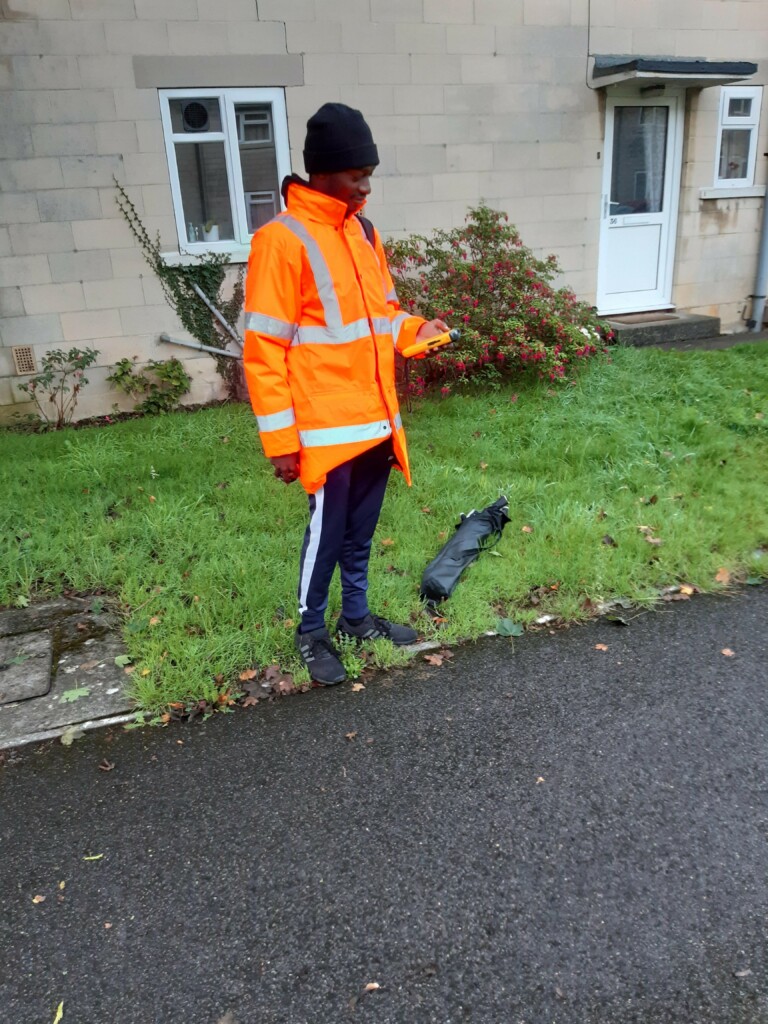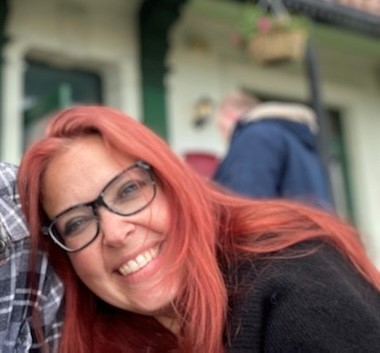Peter Lahiff

What employment sector do you work in?
Private Sector
How long have you had a green job for nature?
One month
Salary Range
€25,000 – €30,000
Please describe the work that you do.
I work for a company that provides environmental consultancy services and assesses human pressures on aquatic ecosystems. My role involves processing sediment samples taken from impacted sites around the coasts of Ireland. I sort through these samples to identify invertebrates such as molluscs, amphipods and polychaetes. The information that I gather feeds into the company’s database of species and habitats. This allows for comparative assessments of the level of disturbance across sites surveyed.
What do you most like about your job? Any dislikes?
What I enjoy most about this job is that it sits squarely in my area of interest and is a field in which I feel I can apply my knowledge and experience to maximum effect. Working for an environmental assessment company gives me a sense that the work I’m doing has clear real-world impacts. The results from our surveys inform organizational and potentially governmental assessments of ecosystem health and protected areas. Being part of an internationally affiliated group also brings a sense of connection, allowing us to compare and contrast results across biotic and legislative regions. I am working in a field very similar to what I studied for my postgraduate degree, and the chance to build upon this foundation and develop new skills is another aspect of the work that I appreciate.
If I had to pick something about the work that I dislike, I might say that taxonomy can sometimes become repetitive, especially when you have to work through many individuals of the same species. However, the more you look at an organism, the more familiar you become with the traits that will help you to identify it and related species, and the greater an appreciation you gain for it, so it’s not so bad.
What inspired you into this career?
I have been fascinated by nature and conservation from a young age, and got involved in environmental initiatives both on an ad-hoc and more structured basis throughout my school years. I was fortunate to have a supportive environment while growing up and received great advice and practical experience from family, teachers and mentors in the field. In both my undergraduate and postgraduate degrees I specialized in ecological monitoring and management. Seeing constant reports of ecosystem degradation and loss of biodiversity is a stark warning of the current state of our planetary health and human impacts on it, but also a reminder of why ecological professionals are needed and the positive changes that we can help put into practice.
Have you faced any challenges in progressing your career so far?
I started in this job fairly recently, so progression hasn’t been an issue so far. The greatest challenge for me was actually finding a suitable position in the first place. As a more experienced environmental consultant who I spoke with put it, there is a lot of discussion about how ecologists are in demand these days, but once you start looking, you’ll find that there are surprisingly few roles available. It is a field that requires specialist knowledge, and many companies prefer to hire consultants who already have a few years of experience and a few projects under their belt. In my experience, seeking a job in this field requires patience, persistence and a dash of luck. I applied for a position at my current company while in my last year of college, but was unsuccessful. However, they agreed that they would keep in contact with me, and after I graduated, I was informed that there was a new opening. This time my application was successful. The key take-away, in my opinion, is not to be discouraged by failures early on, as it is a competitive field, but keep trying, pursue many potential leads, talk to people in the field, and once you spot an opportunity, take it.
What education/training did you have?
I completed a four-year Bachelor’s degree in University College Cork, studying Ecology and Environmental Biology. This course gave me a firm grounding in various branches of the natural sciences, including botany, vertebrate and invertebrate zoology, genetics, evolutionary biology, disease and parasite dynamics, and how human processes such as market forces shape our interactions with the natural world. My experiences during this course further fuelled my passion in ecology and conservation, and helped me to settle on marine science in particular as my chosen field.
I went on to graduate from the International Master of Science in Marine Biological Resources (IMBRSea) at Atlantic Technological University, Galway. This is a joint Master’s program conducted by nearly a dozen partner universities in Europe, with further options for research projects in other parts of the world. As part of this course, I gained memorable and valuable experiences of studying marine ecology in Ireland, France, Italy and Sweden. I selected modules relating to marine ecosystem dynamics, the threats they face and best practices for their management and conservation. This degree allowed me to develop my field, lab, report writing and people skills, all of which are of key importance in my current position. It also allowed me to gain an understanding of how marine conservation is being implemented throughout the European Union and beyond, and provided me with the confidence and motivation to establish myself as an environmental consultant.
What advice would you give to someone coming into the profession?
Entering a profession for the first time can be daunting. Try to establish a regular schedule and maintain a healthy work-life balance. The first few weeks in a new job are important, so don’t be afraid to engage, ask questions, and volunteer. Address uncertainties early on to prevent problems later. Organization is a key skill, so practice keeping clear notes. Find out what aspect of the work most interests you so that you can thrive in your new role. Good luck!
—
Tags: Republic of Ireland, Private sector, Ecologist, Environmental adviser, Freshwater/Catchment
Date profile submitted: 01/11/2024
Follow Peter Lahiff
Related Job Profiles
Catherine Porter

Daniel Tackie

Vicki Colwell

